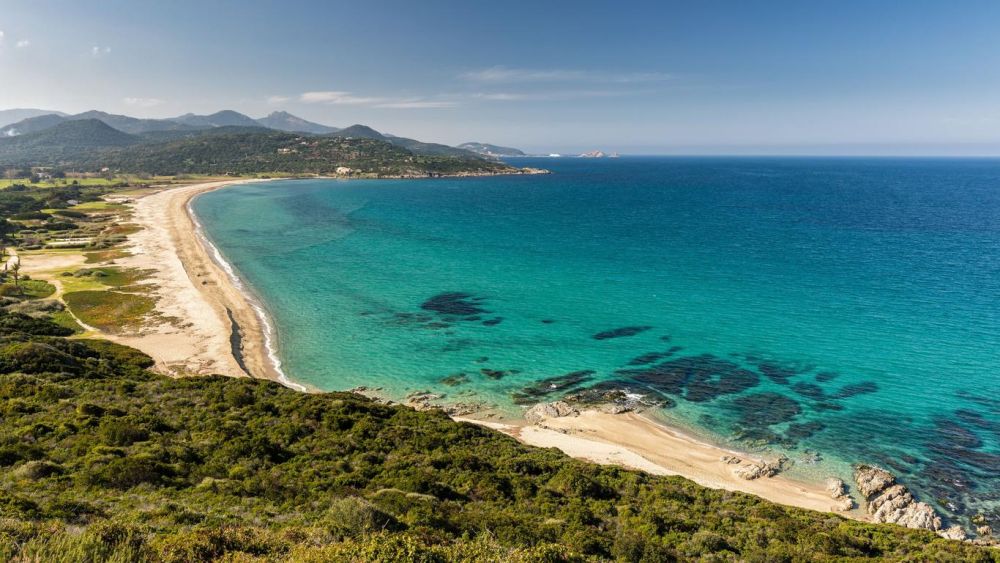

Losari Beach is a prominent emblem in the coastal city of Makassar, Indonesia. Its history as a significant tourist destination can be traced back to the time when Makassar was an important harbor town in the colonial era, serving as a bustling hub for the spice trade. This period ingrained Losari Beach in the historical and cultural fabric of the region, setting the stage for its future allure to tourists worldwide.
In the early 20th century, Losari Beach started to capture the interest of both local and international tourists. Its unique attraction lies in the stunning sunsets and the panoramic view of the vast Sulawesi Sea. Over time, the beach became synonymous with Makassar and a must-visit spot for those looking to experience the beauty and hospitality of Eastern Indonesia.
Throughout the years, Losari Beach has evolved, with the local government and private investors working together to improve infrastructure and facilities. The development of the beachfront promenade allowed for leisurely strolls, with street vendors offering local delicacies such as Pisang Epe (pressed bananas) and Palubasa (Makassar-style beef soup), enriching the tourist experience.
As tourism began to boom, a focus on conservation also came to the forefront. Efforts were made to maintain the cleanliness and ecological balance of Losari Beach, recognizing the importance of preserving its natural beauty for future generations.
In recent decades, Makassar has witnessed significant urban development. Modern hotels, restaurants, and attractions have sprung up around Losari Beach, turning it into a vibrant area both day and night. The beach, famous for its absence of sand and instead its wide seafront, has transformed with the addition of a floating mosque, becoming a focal point of religious tourism.
With the onset of the 21st century, experiential travel has become increasingly popular, and Losari Beach has plenty to offer. Tourists are now looking beyond the traditional sightseeing, seeking authentic experiences. Local cultural events, like the Losari Art Festival, provide insight into the region's traditions and contemporary art scene.
Moreover, sustainable tourism has become more prominent, with travelers becoming conscious of their impact on the environment. The inclusion of eco-friendly activities and accommodations in Losari beach's tourism portfolio reflects this latest trend.
Today, Losari Beach stands as a testament to Makassar's historical significance and its ongoing allure as a tourist destination. Its continual adaptation to tourist trends, commitment to sustainability, and preservation of cultural heritage ensure that Losari Beach remains an iconic landmark on Indonesia's tourism map.